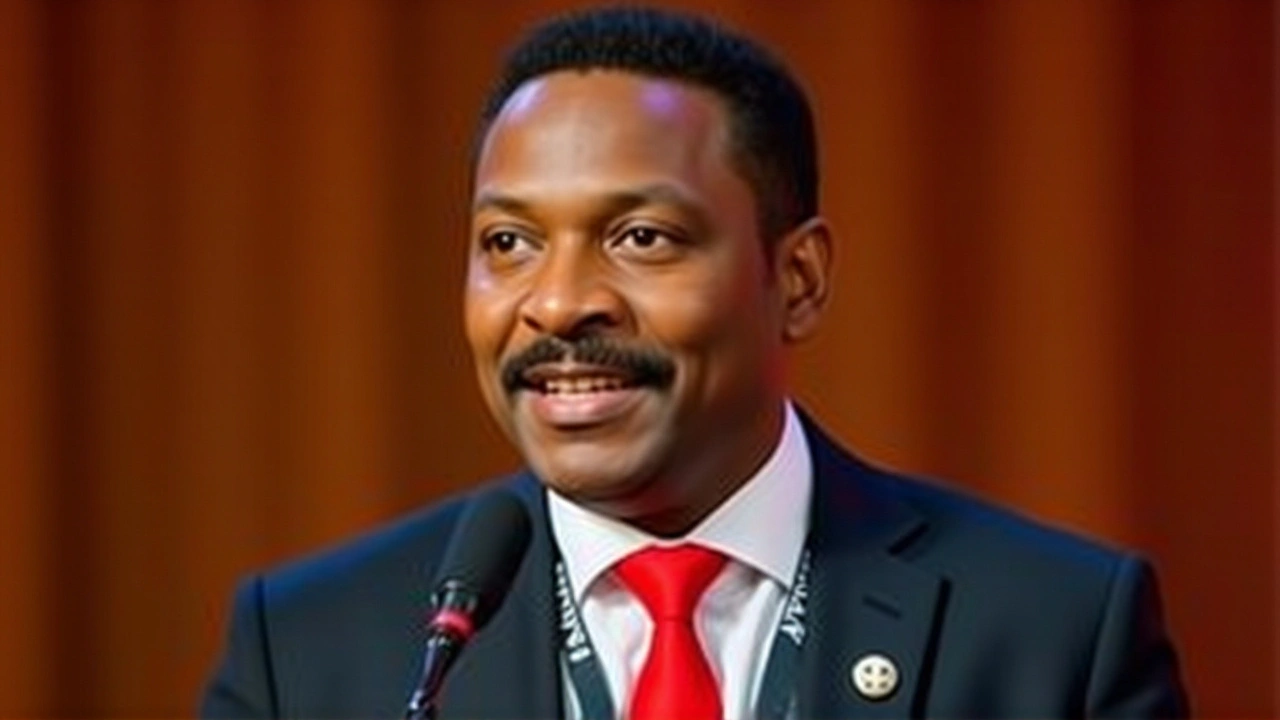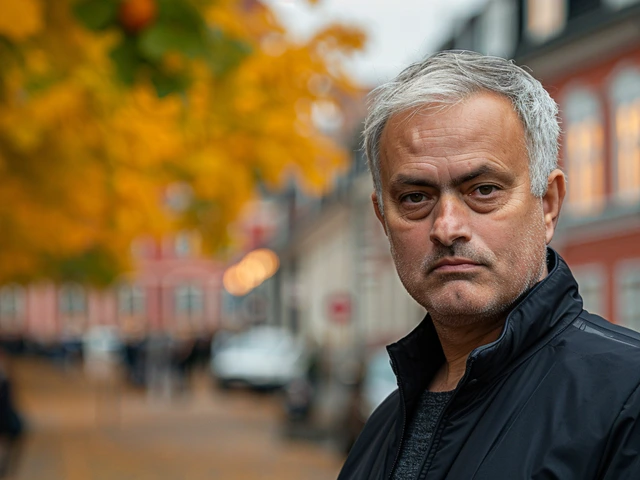Abuja Lecture – What You Need to Know
When you click on Abuja lecture, a public or academic talk held in Nigeria’s capital city that focuses on policy, governance or social issues. Also known as capital‑city forum, it often brings together politicians, scholars and civil‑society leaders to debate current challenges. Nigerian politics supplies the backdrop, while the Federal Capital Territory provides the venue and logistical framework. A successful policy discussion typically requires expert speakers, solid research and a clear agenda. In short, an Abuja lecture connects ideas, people and places to shape public debate.
Why Abuja Lectures Matter in Today’s Landscape
First, the capital’s strategic position makes every lecture a pulse‑check on Nigerian politics. When a minister outlines a new economic plan in an Abuja lecture, the media picks it up instantly, and the public can weigh in during follow‑up sessions. Second, the Federal Capital Territory’s infrastructure—conference centres, university halls and think‑tank offices—creates a reliable setting for high‑profile events. Third, the policy discussion format encourages interaction: panels ask questions, audiences vote, and social media streams key moments in real time. These elements together ensure that the lecture isn’t just a one‑off speech but a catalyst for future legislation, academic research and community action.
Third, the skill of public speaking itself gets a boost. Speakers who master the Abuja lecture format learn to craft concise arguments, back them with data and engage a diverse audience. That skill set spills over into parliamentary debates, corporate boardrooms and even grassroots activism. Moreover, the lecture’s outcomes often spawn reports, white papers or legislative drafts, turning spoken words into concrete documents that policymakers can reference. By linking expertise, location and media attention, Abuja lectures become a node where ideas turn into policy.
Below you’ll find a curated mix of articles that capture the energy of recent Abuja lectures—whether they tackled security reforms, economic diversification or youth empowerment. Each piece reflects how the capital’s unique blend of politics, academia and civil society drives the conversation forward. Dive in to see how these talks shape the nation’s direction and discover the diverse voices shaping Nigeria’s future.

Ozekhome Calls for Depoliticised Anti‑Corruption Agencies as He Faces ICPC Probe
Professor Mike Ozekhome urges depoliticised anti‑corruption bodies ahead of the 2027 elections, even as he faces an ICPC probe over forged IDs and a London property scheme.
Categories
- Sports (146)
- Politics (22)
- Entertainment (20)
- World (15)
- News (10)
- Lifestyle (8)
- Business (6)
- Technology (3)
- Health (3)
- Environment (2)



